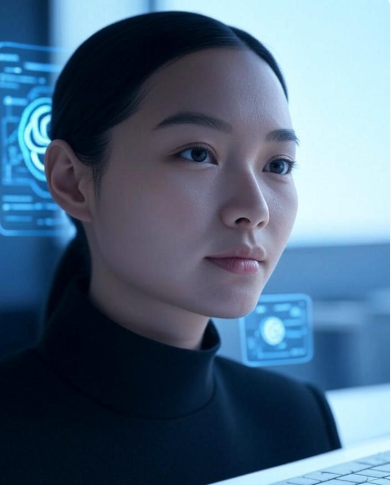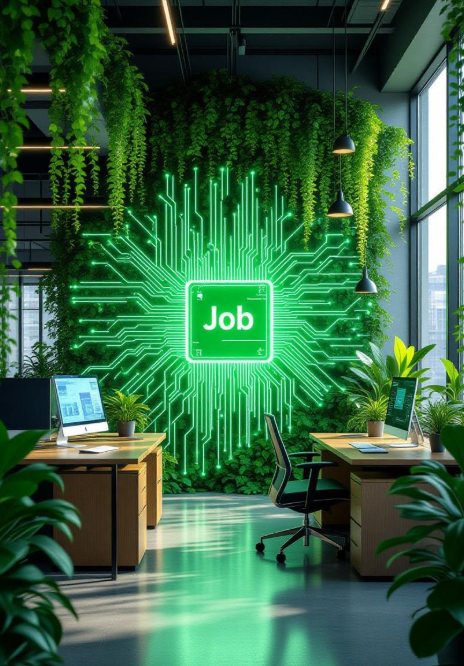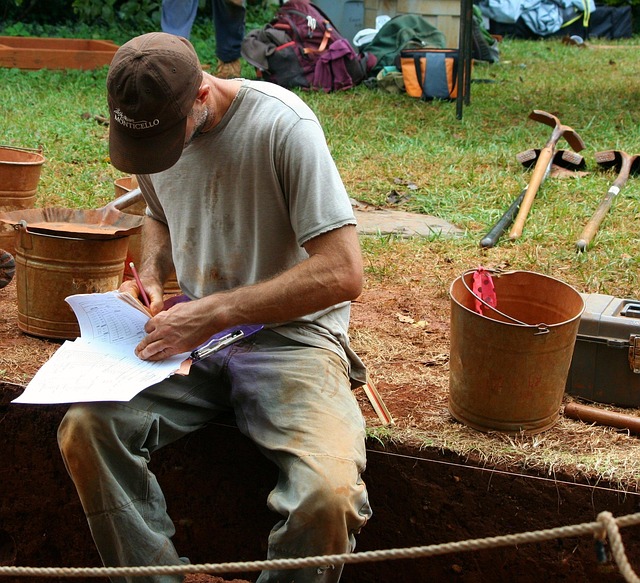As a technologist with over a decade in the industry, I’ve watched AI grow from a niche concept to a transformative force in our daily lives. On May 31, 2025, at 9:52 AM IST, I read a headline that caught my attention: OpenAI announced its vision to turn ChatGPT into a “super assistant” for every part of your life. This isn’t just a small update it’s a bold plan to make ChatGPT an all-in-one tool, handling everything from your schedule to creative projects. Having used ChatGPT since its early days, I wanted to share my honest experience, address a common question I’ve seen online, and explore what this vision means for users, developers, and the tech world.
My Journey with ChatGPT: From Novelty to Necessity
I started using ChatGPT in 2022, when it felt like a shiny new toy. I’d ask it to write a poem or explain machine learning in simple terms, and I’d be impressed by its responses. Fast forward to today, and it’s a core part of my workflow as a technologist. I use it for debugging code, drafting emails, and even brainstorming project ideas. It’s saved me countless hours, and I’ve come to rely on its ability to provide quick, context-aware answers.
So when OpenAI’s CEO, Sam Altman, shared at a virtual event this morning that they want ChatGPT to become a “super assistant” that integrates into every aspect of our lives, I was intrigued but cautious. I’ve seen tech promises fall short before, and the idea of a single AI managing my calendar, shopping lists, and creative tasks sounds ambitious. But OpenAI’s track record gives me reason to explore this further. Let’s dive into what this vision looks like and how it’s already impacting my life.
What Does a ‘Super Assistant’ Look Like?
OpenAI’s goal is to make ChatGPT a seamless, proactive companion that anticipates your needs across various domains. Imagine an AI that not only answers questions but also manages your tasks, offers personalized recommendations, and supports your well-being. At the event, Altman showcased new features that hint at this future:
- Integrated Task Management: ChatGPT can sync with your calendar and to-do apps (like Google Calendar or Todoist) to schedule meetings, set reminders, and suggest optimal times for focused work based on your habits.
- Context-Aware Recommendations: It analyzes your past interactions to offer tailored suggestions—like a recipe based on your diet or a workout plan after detecting stress in your conversations.
- Creative Collaboration: With enhanced multimodal capabilities, ChatGPT can assist with creative projects, such as generating storyboards or co-writing a script.
I tested the task management feature by asking ChatGPT to schedule a meeting for next week. It pulled up my Google Calendar, found a free slot, sent an invite to my colleague, and even added a 15-minute buffer before my next meeting—all while I was on a call. This integration felt effortless, and it’s clear how it could save time for busy professionals like me.
The Good: How ChatGPT Is Already Changing My Life
As a technologist, I’m most excited about how ChatGPT boosts my productivity. Last week, I was working on a Node.js project and hit a bug with an API integration. I asked ChatGPT for help, and it not only identified the issue but also suggested a cleaner way to handle the API calls and wrote a test case for me. This kind of assistance is a game-changer when I’m racing against deadlines.
On a personal level, I’ve used ChatGPT to plan a weekend trip. It created a detailed itinerary based on my love for hiking and local cuisine, even finding a highly rated Airbnb and estimating costs, including gas for the drive. This level of personalization is impressive and saved me hours of research.
I also tried its new mindfulness feature during a stressful day. I asked ChatGPT to guide me through a 5-minute breathing exercise, and its calm, encouraging tone helped me feel more grounded. It’s not a substitute for therapy, but it’s a handy tool for quick stress relief.
Addressing a Common Question: How Can ChatGPT Boost Productivity Without Pitfalls?
One question I’ve seen pop up frequently on X and tech forums is: “How can ChatGPT help with productivity while avoiding pitfalls like over-reliance or inaccurate responses?” As someone who’s integrated ChatGPT into my daily life, I’ve learned a few strategies to maximize its benefits while minimizing risks.
First, use ChatGPT as a starting point, not a final answer. When I asked it for a Python script to process some data, it gave me a solid foundation, but I noticed an inefficiency in the loop structure. I double-checked the logic myself and improved it, which kept my skills sharp and ensured the code was production-ready. Treat ChatGPT as a collaborator, not a crutch—always verify its output, especially for critical tasks like coding or decision-making.
Second, set boundaries to avoid over-reliance. I’ve made it a habit to handle certain tasks manually, like writing personal emails or brainstorming initial ideas, to keep my creativity active. For example, when drafting a project proposal, I used ChatGPT to refine my draft but wrote the first version myself. This balance ensures I don’t become too dependent on the AI.
Finally, to tackle accuracy issues, cross-check ChatGPT’s responses with trusted sources, especially for high-stakes tasks. Last month, I asked for a recipe, and it suggested an odd ingredient pairing that didn’t work out. Now, I make a point to verify recipes or technical advice with a quick Google search or by testing in a sandbox environment. OpenAI is improving ChatGPT’s accuracy, but for now, a bit of skepticism goes a long way.
The Challenges: Privacy and Dependence
Even with these strategies, there are broader challenges to address. Privacy is a big concern for me. To be a “super assistant,” ChatGPT needs access to personal data—my calendar, emails, even my fitness tracker. OpenAI says they’ve implemented strong encryption, but as a technologist, I know there’s always a risk. I’ve seen X posts where users share similar worries, with some opting to limit what data they share with the AI.
Dependence is another issue. I’ve caught myself relying on ChatGPT for tasks I used to do manually, and I worry about losing my problem-solving skills over time. The accuracy issue also looms large—while ChatGPT is impressive, it’s not perfect, and errors in high-stakes tasks like health advice could be problematic.
The Broader Implications: AI in Everyday Life
OpenAI’s vision for ChatGPT as a “super assistant” is part of a larger trend where AI becomes a partner, not just a tool. Companies like Google and Microsoft are also pushing in this direction, but OpenAI’s focus on personalization sets it apart. For developers, this opens up opportunities—I’m already thinking about using OpenAI’s expanded 5f89 API to integrate ChatGPT into a productivity app I’m working on. But if ChatGPT becomes the default “super assistant,” will smaller players have room to innovate?
On a societal level, I wonder how this will affect digital literacy. If AI handles more tasks, will we become less capable of doing things ourselves? Or will it free us up for more creative work? X users are split—some are excited, while others fear a future where we’re overly reliant on tech. I’m optimistic but believe we need to proceed thoughtfully.

What I Hope to See
As ChatGPT evolves, I hope OpenAI prioritizes transparency and user control, with granular data-sharing settings. I also want to see continued improvements in accuracy, especially for critical tasks. Overall, I’m excited about ChatGPT’s potential to be a “super assistant.” It’s already a key part of my life, and I’ll be testing every new feature OpenAI rolls out.



